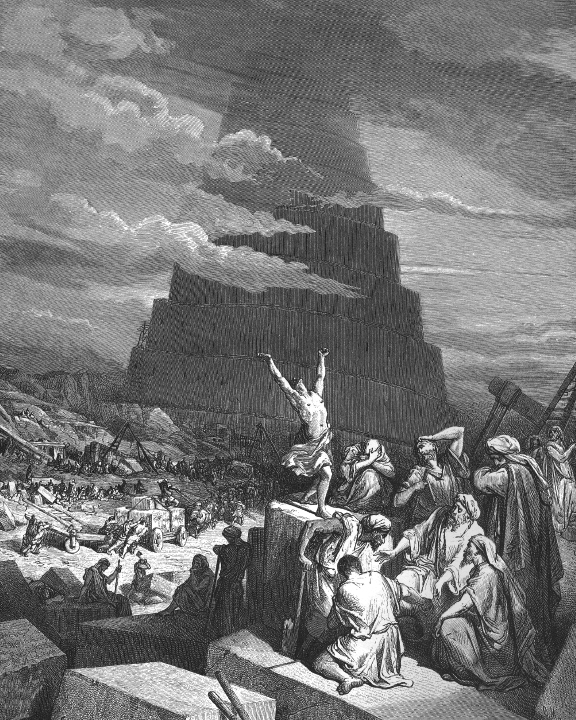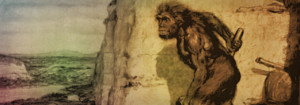
Historical science is the study of the unrepeatable past, particularly as it applies to human beings . . .
Historical science is the study of the unrepeatable past, particularly as it applies to the story of human beings . . .
Historians, operating within a variety of fields and specialties, seek to correlate written documents, oral traditions, and forensic evidence to reconstruct past events. By understanding the past, we are better able to understand our place in history, our origins, and, hopefully, how to avoid the mistakes of our ancestors.
One of the more pivotal events in human history was the dispersion at Babel, when God confused the languages of people and scattered them across the Earth. All peoples, languages, and cultures can trace their origins back to this single event, thousands of years ago. At the same time, we are also reminded of the dangers of elevating man’s accomplishment over God’s wisdom and guidance.
Because of its historical significance, not just for Jews and Christians, but for all people groups, the Tower of Babel is our icon for human history.

Historical Science Articles
Domesticated Dinosaurs? Cambodian Stegosaur Gives New Clues
Those who have followed creationist literature for a while will no doubt be familiar with the Cambodian Stegosaur. For those who are not, the Cambodian Stegosaur refers to a bas relief found at the Ta Prohm temple at Angkor Wat. The pillars of Ta Prohm are decorated by an ornate series of animal medallions, carved…


